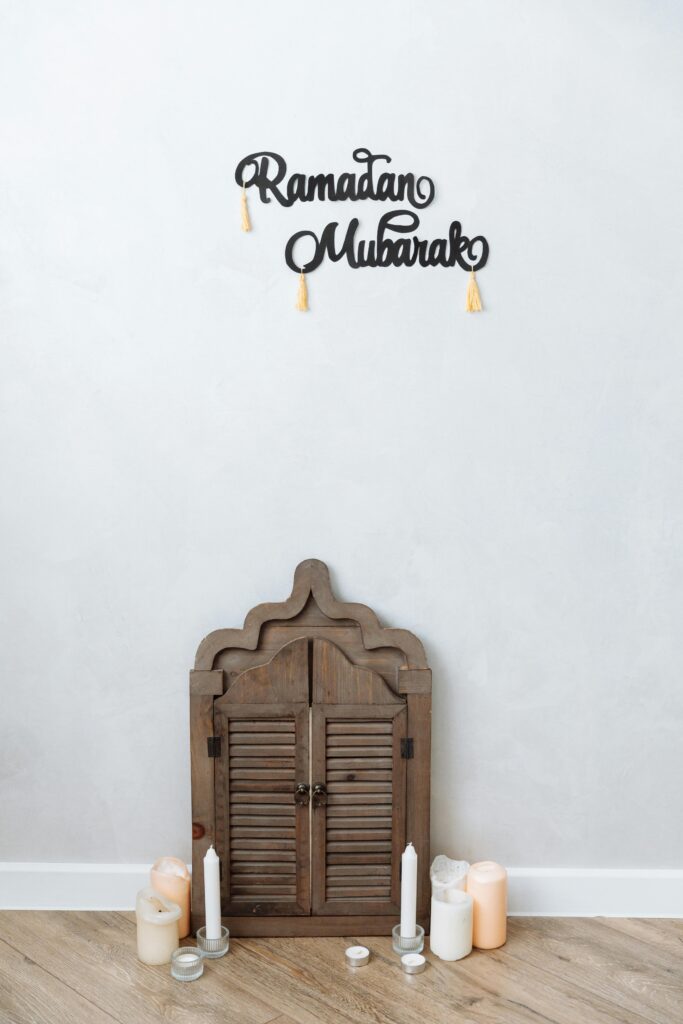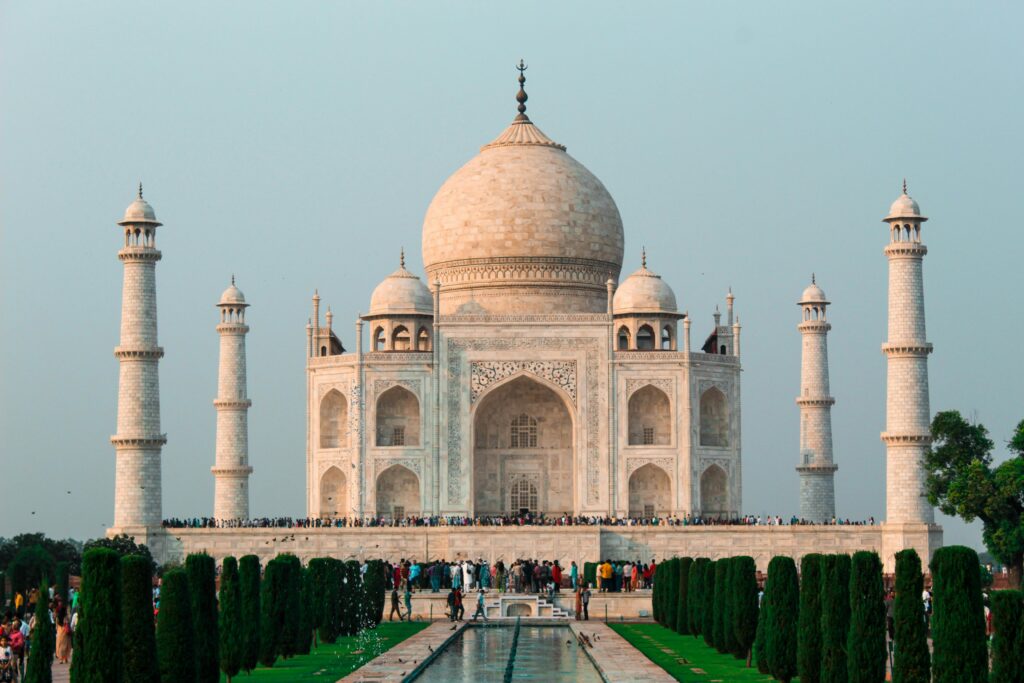Ramadan, the most sacred month of the Islamic calendar, is a month of spiritual rejuvenation, self-control, and greater devotion. It is a time to introspect on our spiritual path, thankfulness for the favors received, and preparation for the final leg to Laylat al-Qadr when we are at the mid of Ramadan. The middle of Ramadan is of paramount importance, as it is the period when one moves from the stage of initial adjustment to a greater stage of worship and purification of oneself.
Back to the First Half of Ramadan
The first ten days of Ramadan are typically spent acclimatizing to fasting, adjusting daily routines, and increasing acts of piety. The time allows the believers to gradually transition out of the material world and become more attuned to the spiritual. Fasting during the day not only develops self-discipline and patience but also develops sympathy for those who are hungry on a daily basis. The first ten days of Ramadan are mercy days, where the believers draw near to Allah’s merciful nature and forgiveness.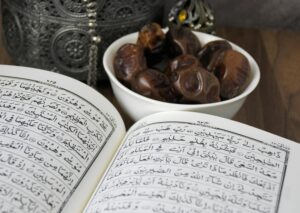
As we reach the halfway point in Ramadan, it is necessary that we reflect upon our achievement. Have we been consistent in our prayers, Quran recitation, and charity? Have we improved our character, our relationship with Allah, and our awareness of our actions? Self-reflection at this stage allows us to rectify our intentions and strive for higher levels of spirituality in the days ahead.
New Energy for the Second Half
The second half of Ramadan is the time to reap the most blessings of this blessed month. When fasting is easy and worship becomes automatic, the Muslims need to double their efforts towards salvation and forgiveness. The middle ten days of Ramadan are all about maghfirah (forgiveness), asking people to ask for forgiveness of previous sins and cleanse their hearts. This half of Ramadan is a reminder that Allah’s mercy is limitless, and there is no sin so bad that it cannot be forgiven.
With the beginning of the final ten nights, which include Laylat al-Qadr—the Night of Decree—Muslims attempt to perform more prayer, pray more, and give itikaf (seclusion in the mosque for worship) for longer periods. The Prophet Muhammad (peace be upon him) placed immense importance on these ten nights, as per which prayer in Laylat al-Qadr is more rewarding than a thousand months (Quran 97:3). The mid-Ramadan is, therefore, a turning point, preparing people to perform their best in the remaining duration.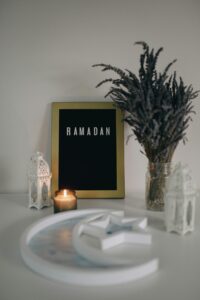
The Bountiful Mercy of Ramadan
Ramadan is a holy month, a spiritual and worldly month. It is a month where good deeds are multiplied, prayers are readily accepted, and the hearts are softened with mercy and generosity. Among the many favors of Ramadan are:
Through prayer, recitation of the Quran, and fasting, the believers achieve a close connection with Allah.
Forgiveness of Sins: Seeking forgiveness sincerely this month wipes out past wrongdoing.
Greater Charity: Charity and benevolence, including that of donating Sadaqah and Zakat, are rewarded more.
Health Gains: Fasting purifies the body, speeds up metabolism, and boosts self-discipline.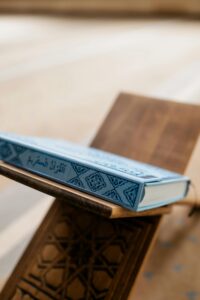
Stronger Faith and Social Cohesion: The social celebration of Ramadan unites Muslims globally, strengthening their faith and cohesion in society.
Conclusion
As we enter the second half of Ramadan, we recommit, pray, and make the most of this blessed month. It is a time of reflection, thanksgiving, and the quest for spiritual excellence. May Allah accept our fasting, pardon our sins, and lead us to spend Laylat al-Qadr in devotion.
Ameen.

